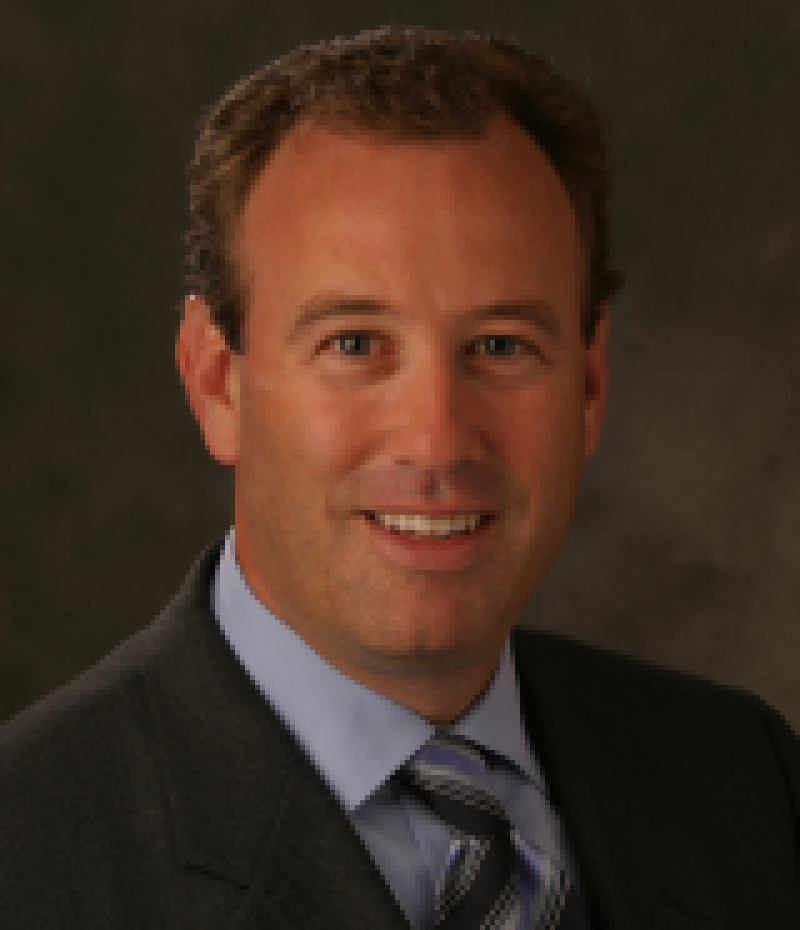The US Federal Reserve's December move to hike rates by 25 basis points brought some certainty about the direction of US monetary policy for corporate treasurers and sparked a debate about cash-management strategies after nearly a decade of historically low rates.
However, the first hike is unlikely to result in any notable change in behaviour.

|
Mark Smith, BAML |
Mark Smith, head of global liquidity, GTS, at Bank of America Merrill Lynch (BAML), explains: “We should keep this first hike in context; it’s only 25bp, rate increases had been anticipated for some time, and loan pricing remains very low. On its own, the Fed’s first hike shouldn’t be the turning point of the credit cycle."
For corporate treasurers, the change removed underlying concerns about the direction of the monetary cycle, says Seth Brener, head of cash management corporates, at Deutsche Bank. “The rate increase was not very significant, but it was a nice push in the right direction," he says. "The uptick has given the market confidence.”
Ryan Gaylor, director of client sales at treasury solutions provider Reval, adds: “Generally, the market doesn’t like uncertainty and while key Fed benchmarks were largely on target, the global macroeconomic picture added some uncertainty which created consternation that persists today.
"The debate has now shifted to if the anticipated pace of the rate hike will remain on track.”
The timing of the announcement means corporates have only begun to mull the consequences.
“Coming at year-end, the timing of the rate change allowed for a natural break between the Fed announcement and client reaction,” says BAML's Smith. “We’re only now beginning to see the real impact on the market and our clients.”
Anecdotally, cash-management strategies for some corporates are beginning to shift.
Smith says: “As part of our ongoing dialogue with clients, we’ve naturally discussed the impact of rising rates and haven’t heard any concerns which we hadn’t anticipated. In fact, it’s offered a good opportunity for productive conversations with our clients.”

|
Seth Brener, Deutsche |
In search of yield on their cash, corporates have started making enquiries about the best use for their funds.
Deutsche's Brener says many companies are cash rich and looking for ways to use their money, adding: “Corporates have started to ask the banks about where the best places are to put their money. Term deposits are now giving more bang to their cash. Corporates that are willing to put their money on hold for a longer period of time will see the advantages.
“In 2016, treasurers that have dollar positions globally have greater investment options.”
The increased relative appeal, from the perspective of corporates, of term deposits comes as Basel III comes into force, which requires banks to hold a 25% liquidity buffer against all their corporate operational balances. Because of the potential for return, term deposits are becoming an attractive proposition for banks and corporates alike.
'Holy grail'
Dan Scanlan, regional head, transaction banking, Americas, at Standard Chartered, says: “Banks are pressing their corporates for term deposits due to the demands of Basel III and the need for more liquidity. Since non-operational balances have little or no value, any balances they leave with the bank have to be operational.
“There is no question that corporate cash is the holy grail of liquidity these days.”
Brener agrees that regulation will encourage banks to monitor what their corporates are doing with their funds. “Banks will be keeping an eye on the demands of Basel III and the LCR, and will be looking to maintain the differentiation between operating and non-operating balances,” he says.
StanChart's Scanlan adds: “Corporates can earn more basis points by tying up their funds. But they will be reluctant to do so if they think they will need the liquidity. It’s a trade-off that each company has to make, and decide based on their needs and their willingness to tie it up.”

|
Dan Scanlan, |
Nevertheless, global market volatility is expected to moderate the pace of US monetary tightening this year.
Scanlan says: “It is hard to imagine the Fed will increase rates based on the economy recently. They are watching the global and local markets closely and have said that they will be guided by the numbers. They may decide to test the market a bit further down the road before making more changes.”
Brener adds: “There were thoughts of there being two or even three further increases over the year, but the current market may force them to take a second look at that plan. At Deutsche Bank we think the Fed will decide to be more cautious, but we will see the how the economy develops through the year,”
As a result, sticking to short-term positions on cash is still considered a prudent strategy.
Brener says: “At the present time, corporate treasurers shouldn’t be looking for incredibly long-term positions, and instead should take a shorter-term look at the potential rate hikes as we come closer to see what will change.”